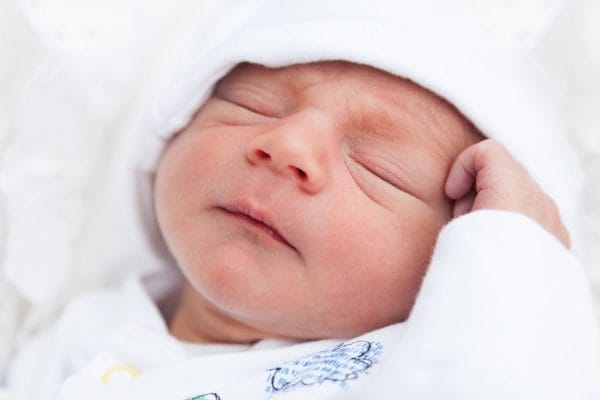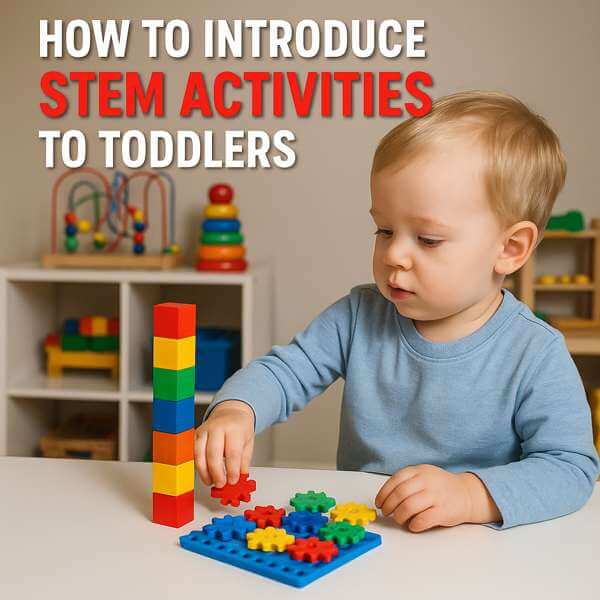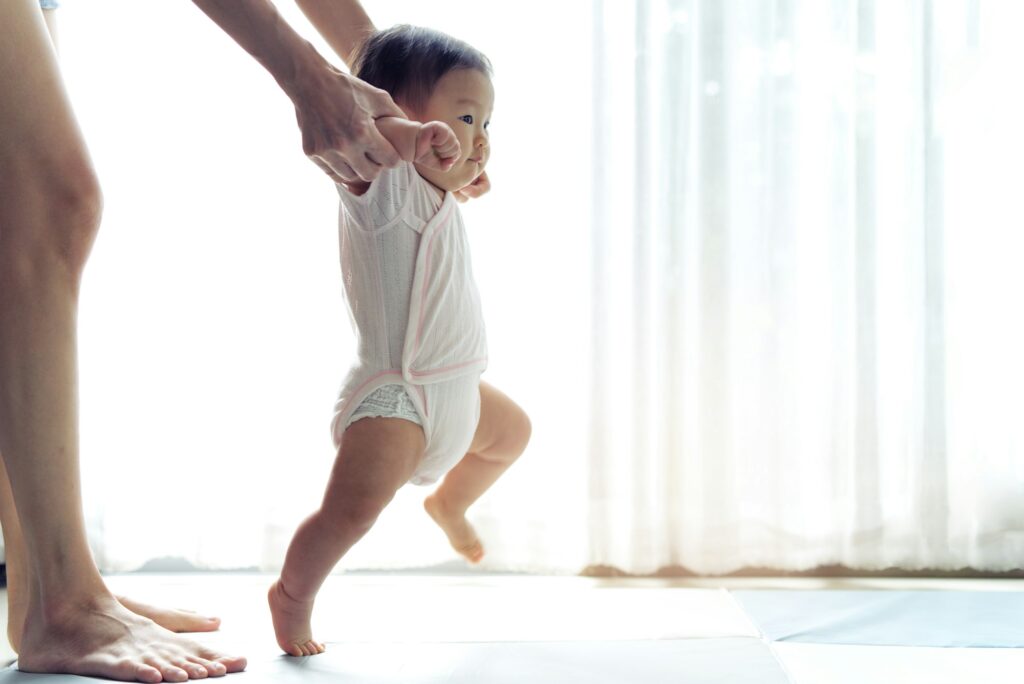Separation Anxiety in Babies: Tips for Soothing Nighttime Distress
Separation anxiety in babies is a typical part of a child’s development. It’s a sign that a baby is progressing towards understanding their place in the world and forming strong attachments to their parents and caregivers. However, for parents and guardians, it can be a challenging phase to navigate.
This article aims to shed light on what separation anxiety in babies looks like, why it happens, and how to manage it effectively, particularly when it intensifies at night.

What Is Separation Anxiety in Babies?
![]()
Separation anxiety in babies refers to the distress that infants often feel when they are separated or expect to be separated from their primary caregivers. This can manifest in various ways, from clinginess to outright crying and distress when a parent is not in sight. It’s a natural part of growing up and typically starts around 6-8 months of age, reaching its peak at around 14-18 months, and gradually subsiding after that.
Identifying Baby Separation Anxiety Signs and Symptoms
![]()
To effectively support your baby through this phase, it’s crucial to recognize the signs and symptoms of separation anxiety. Here are some common indicators:
- Clinginess: Your baby may become more attached to you and less willing to go to others.
- Crying: They might cry or become very upset when you’re out of sight or when they anticipate you leaving.
- Change in Sleep Patterns: Separation anxiety in babies at night can lead to more frequent awakenings and trouble falling back to sleep without a parent’s presence.
- Stranger Anxiety: Alongside separation anxiety, babies often become wary or fearful of unfamiliar people.
- Physical Symptoms: Some babies might show physical signs like increased heart rate, rapid breathing, or sweating during episodes of separation anxiety.
It’s important to note that these symptoms can also be signs of other issues, so it’s always a good idea to discuss any concerns with your child’s pediatrician.
Separation Anxiety in Babies at Night
![]()
One of the more challenging aspects of separation anxiety is how it can affect a baby’s sleep. Babies with separation anxiety might have difficulty settling down for the night or wake up crying for a caregiver. To help manage separation anxiety in babies at night, consider the following strategies:
- Routine: Establish a consistent bedtime routine to help your baby understand when it’s time to sleep.
- Comfort Object: Introduce a comfort object like a stuffed toy or a blanket that can provide a sense of security.
- Gradual Separation: Try not to sneak away while your baby is falling asleep. Instead, say goodnight and leave the room slowly, prolonging the time you’re away each night.
- Reassurance: If your baby wakes up crying, offer comfort and reassurance without necessarily picking them up or bringing them into your bed.
It’s essential to maintain patience and consistency, as it can take time for a baby to adjust and feel secure even when you’re not in the same room.
How to Deal with Separation Anxiety in Babies
![]()
Dealing with your baby’s separation anxiety can be stressful, but there are ways to ease the transition for both of you. Here are some strategies:
- Practice Short Separations: Start with brief periods apart and gradually increase the time as your baby becomes more comfortable.
- Keep Goodbyes Brief and Positive: Long, emotional departures can make the anxiety worse. Keep your goodbye routine short and upbeat.
- Consistent Caregivers: When possible, have a small number of familiar people care for your baby in your absence.
- Reassurance: Always reassure your baby that you will return, and when you do come back, greet them warmly to reinforce the trust.
- Stay Calm: Babies can pick up on your emotions, so try to stay calm and confident during separations.
Patience is key, and it’s important to remember that this phase is temporary and an important step in your baby’s development.
When to Seek Help
![]()
While separation anxiety is a normal stage of development, sometimes it can be intense or prolonged, causing concern. If your baby’s anxiety is severe, if it’s interfering with their daily functioning, or if it persists beyond the toddler years, it might be time to seek advice from a healthcare professional. They can help determine if there’s an underlying issue that needs to be addressed.
Supporting Your Baby’s Independence
![]()
Encouraging independence in your baby is a gentle way to help them overcome separation anxiety. Here are some tips:
- Encourage Playtime: Independent play in a safe environment allows your baby to explore and gain confidence.
- Socialization: Arrange playdates or attend baby groups to help your baby get used to being around other people.
- Praise and Encouragement: Positive reinforcement for small steps towards independence can boost their confidence.
Every child is different, and what works for one may not work for another. It’s about finding the right balance for your baby and adjusting as you go.
Conclusion
![]()
Separation anxiety in babies is a normal developmental stage that signifies the deep bond between a child and their caregivers. Understanding the signs, such as clinginess and changes in sleep patterns, can help parents recognize separation anxiety and respond with empathy and support. Managing separation anxiety, especially at night, requires patience, consistency, and a comforting presence. While challenging, this phase is also a time of growth, both for the baby and the parents. By fostering independence in a secure environment and knowing when to seek additional support, families can navigate separation anxiety and emerge with even stronger relationships.
In summary, separation anxiety is a natural part of your baby’s development, and with the right approach, you can help your child, and yourself, get through it with love and reassurance. Remember, this too shall pass, and the bond you’re building now is laying the foundation for a lifetime of trust and attachment.





